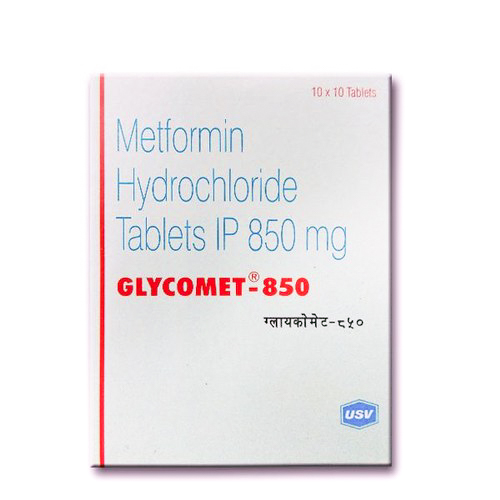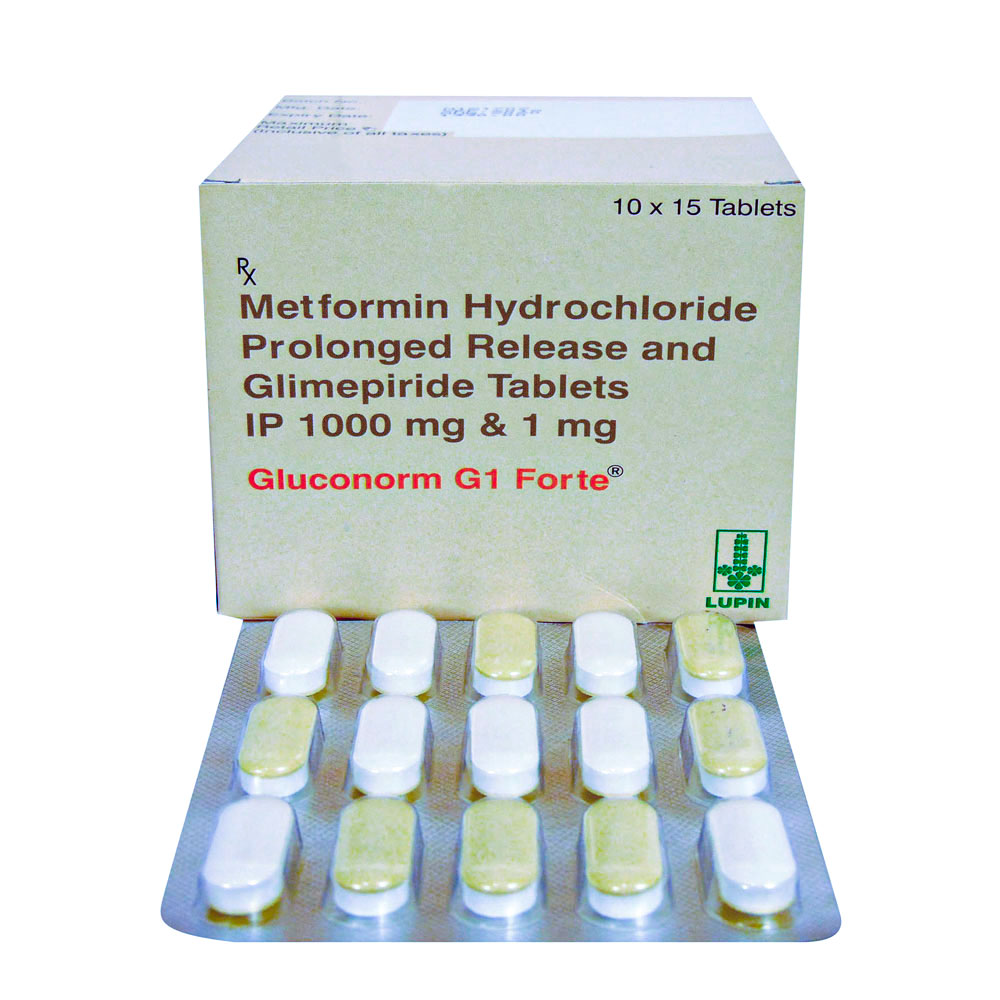Glibenclamide and Metformin Information
What is this drug used for?
• It is used to lower blood sugar in patients with high blood sugar (diabetes).
Possible side effects
Glibenclamide and Metformin may cause side effects. Tell your doctor if any of these symptoms are severe or do not go away:
• Headache.
• Belly pain.
• Upset stomach or throwing up.
• Diarrhea.
• Dizziness.
Some side effects can be serious. If you experience any of these symptoms, call your doctor immediately or get emergency medical treatment:
• Signs of an allergic reaction, like rash; hives; itching; red, swollen, blistered, or peeling skin with or without fever; wheezing; tightness in the chest or throat; trouble breathing, swallowing, or talking; unusual hoarseness; or swelling of the mouth, face, lips, tongue, or throat.
• Signs of liver problems like dark urine, feeling tired, not hungry, upset stomach or stomach pain, light-colored stools, throwing up, or yellow skin or eyes.
• Change in eyesight.
• Feeling very tired or weak.
• It is common to have stomach problems like upset stomach, throwing up, or diarrhea when you start taking this drug. If you have stomach problems later during treatment, call your doctor right away. This may be a sign of an acid health problem in the blood (lactic acidosis).
• Low blood sugar can happen. The chance may be raised when this drug is used with other drugs for diabetes. Signs may be dizziness, headache, feeling sleepy or weak, shaking, fast heartbeat, confusion, hunger, or sweating. Call your doctor right away if you have any of these signs. Follow what you have been told to do for low blood sugar. This may include taking glucose tablets, liquid glucose, or some fruit juices.
Medication Safety Issues
Sound-alike/look-alike issues:
Glucovance may be confused with Vyvanse
High alert medication:
The Institute for Safe Medication Practices (ISMP) includes glyburide among its list of drugs that have a heightened risk of causing significant patient harm when used in error.
Geriatric Patients: High-Risk Medication:
Beers Criteria: Glyburide is identified in the Beers Criteria as a potentially inappropriate medication to be avoided in patients 65 years and older (independent of diagnosis or condition) due to its higher risk of severe prolonged hypoglycemia in older adults (Beers Criteria [AGS 2019]).
Pharmacy Quality Alliance (PQA): Glyburide is identified as a high-risk medication in patients 65 years and older on the PQA’s Use of High-Risk Medications in the Elderly (HRM) performance measure, a safety measure used by the Centers for Medicare and Medicaid Services (CMS) or Medicare plans (PQA 2017).
Storage and Stability
Store at ≤25°C (≤77°F). Protect from light.
Adverse Reactions
Also see individual agents.
>10%:
Endocrine & metabolic: Hypoglycemia (11% to 38%, effects higher when increased doses were used as initial therapy)
Gastrointestinal: Gastrointestinal symptoms (38%; combined GI effects increased to 38% in patients taking high doses as initial therapy), diarrhea (17%)
Respiratory: Upper respiratory infection (17%)
1% to 10%:
Central nervous system: Headache (9%), dizziness (6%)
Gastrointestinal: Nausea (8%), vomiting (8%), abdominal pain (7%)
<1%, postmarketing, and/or case reports: Cholestatic jaundice, hepatitis –





Reviews
There are no reviews yet.